

A $5 million prime-time ad campaign is aimed at climate policies the industry claims make life miserable for Californians.
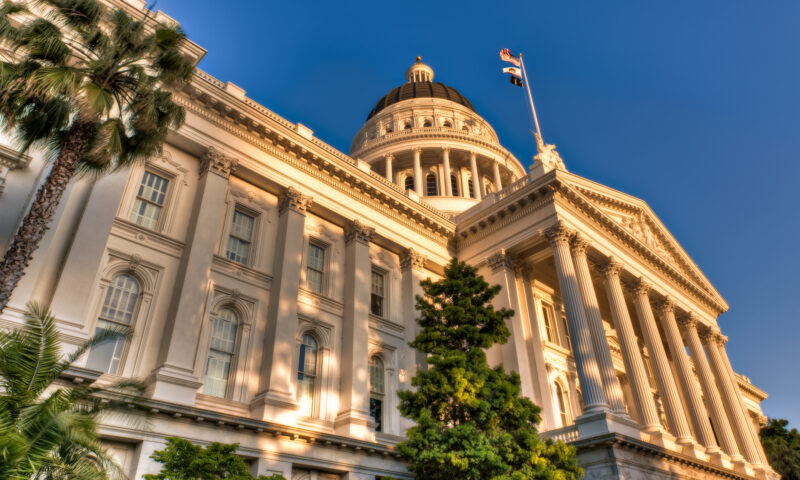

Legislation aims to shine a light on corporate climate pollution and carbon offsets.
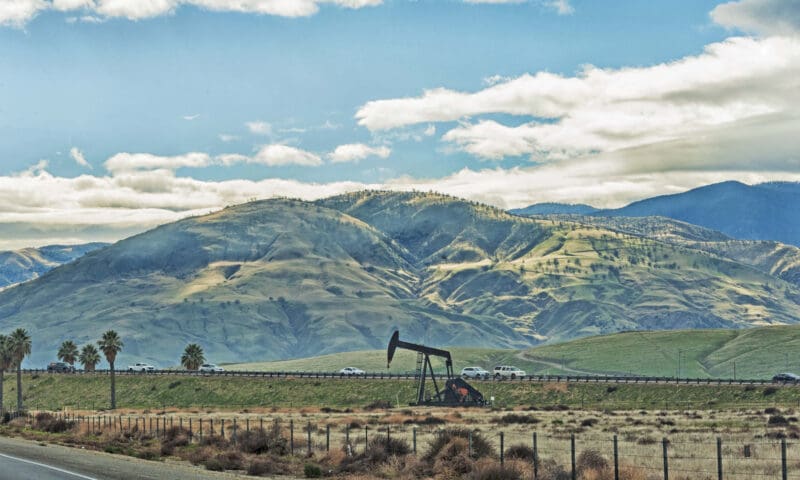

New well count rises as governor appoints oil lobbyist to top role.
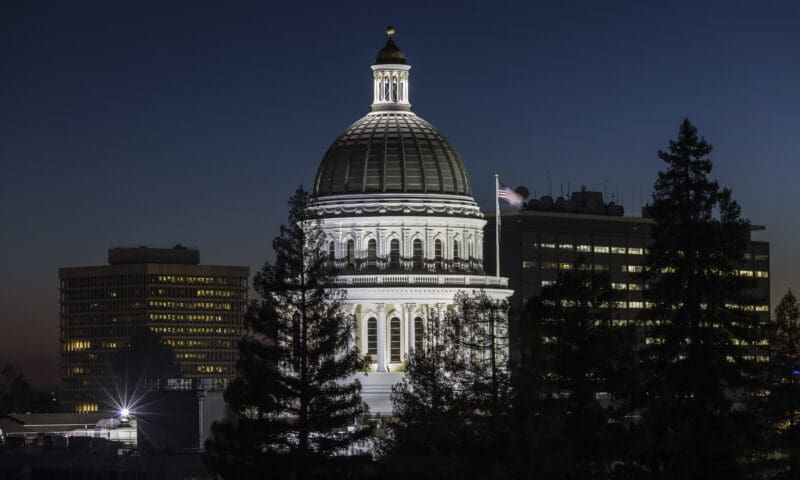

Emails show how the industry weakened emissions legislation and pushed back on cap-and-trade reforms.
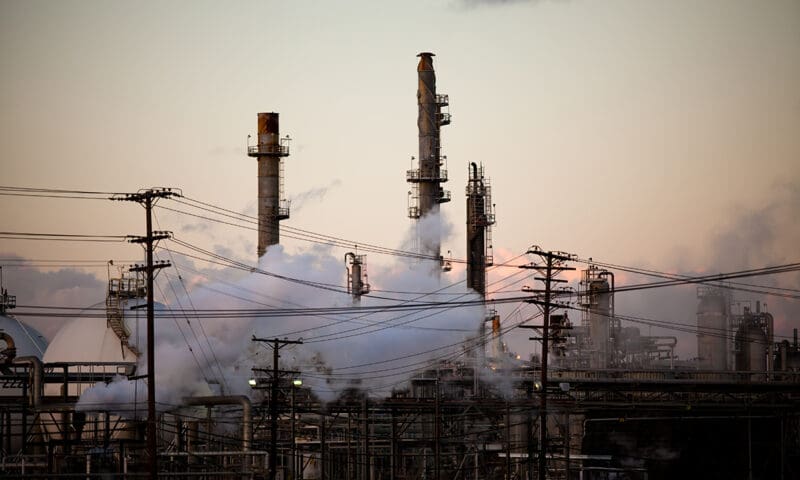

In the first three months of 2021, the petroleum industry spent over $4.3 million lobbying Sacramento.
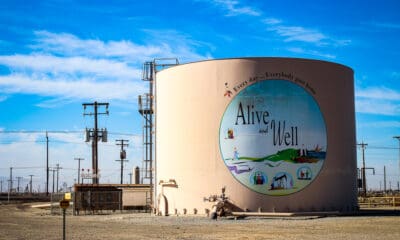

One of the state’s most polluted counties is poised to rubber stamp new oil and gas wells for decades to come—putting its most vulnerable residents at risk.


While California was convulsed by COVID-19 and George Floyd’s death, the governor gave Big Oil a big gift.


Co-published by Newsweek
So far, Gavin Newsom has only affirmed his support for a ban on hydrofracturing, although activists are hopeful he will be more aggressive on environmental issues than Jerry Brown.
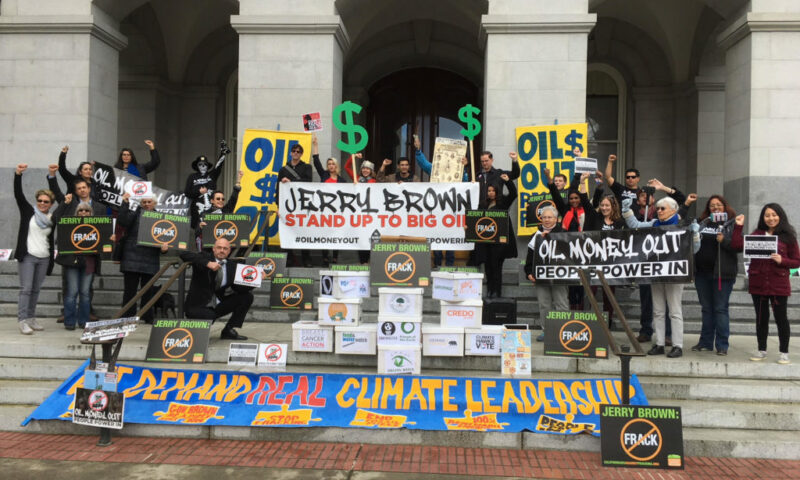
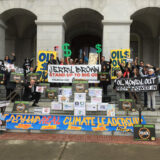
Climate-change activists hoping to hear the governor propose a new climate initiative during his State of the State speech Thursday were disappointed.
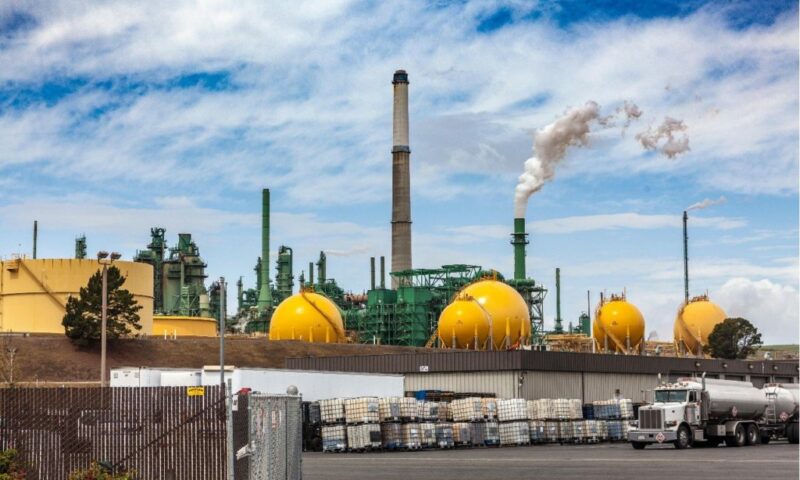

Co-published by Grist
Last fall Valero, the Texas-based petroleum giant, asked a small refinery town in Northern California to approve a huge crude-by-rail project. The city council of Benicia, however, had other ideas.
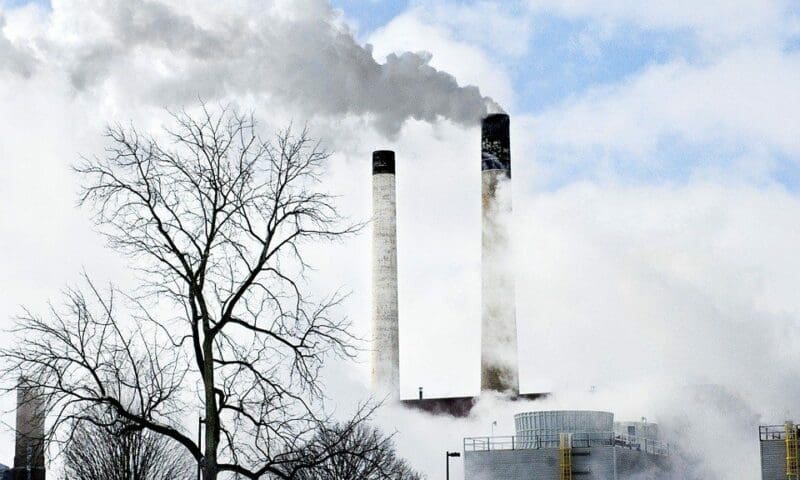

Dean Kuipers on why Sacramento punted on Cap-and-Trade.


Bill Raden reports how Big Oil is trying to scuttle California’s program to reduce greenhouse gases.
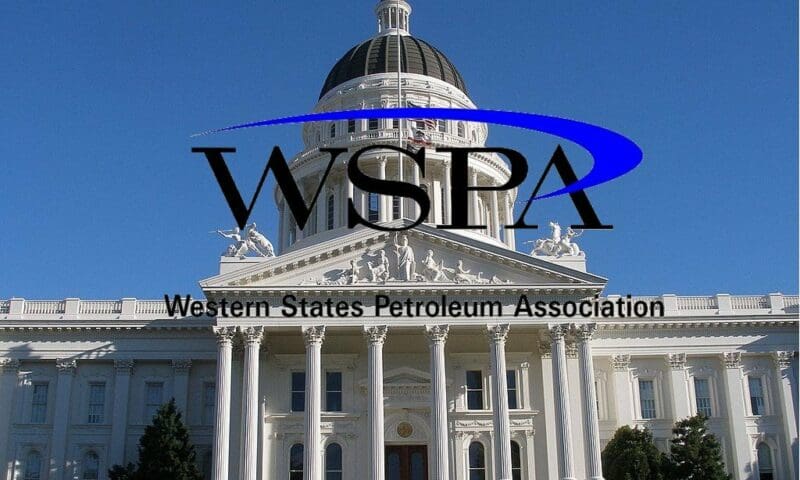

As Governor Jerry Brown touted California’s environmental initiatives and prodded world leaders in Paris to embrace tougher environmental policies during the United Nations summit on climate change, it was instructive to look back at how one of Brown’s top environmental priorities suffered a major defeat in the California Legislature this year.
That priority was to establish a 50 percent reduction in petroleum usage in cars and trucks by 2030. Brown’s failure to win its passage in an overwhelmingly Democratic Legislature clearly illustrates not only the influence of the fossil fuel lobby, but also the continued rise of a new breed of Democrats who are exceedingly attentive to big business, while tone-deaf toward their party’s traditional progressive base.
Petroleum reduction was a key part of a proposed law, introduced as Senate Bill 350, which also called for steps to increase energy efficiency in existing buildings and require that 50 percent of California’s energy come from renewable sources,
» Read more about: How Big Oil Spiked Jerry Brown's Climate Change Agenda »
I hope the oil lobbyists in Sacramento broke out some high-priced Champagne this weekend. They deserve it. They just scuttled the biggest and most likely-to-succeed effort in the history of California to save the planet.
Oil industry ad decrying what it called the “California Gas Restriction Act of 2015”
Senate Bills 350 and 32 had already passed in the upper house. As my Capital & Main colleague Bill Raden summarized, SB 32, authored by state Senator Fran Pavley (D-Agoura Hills), would “extend the greenhouse gas (GHG) emission reductions” achieved a few years back through Assembly Bill 32. Senate bill 350, introduced by Senate president Pro tempore Kevin de León (D-Los Angeles) – named after the threshold of carbon particles per million that our planetary life cannot surpass – aimed to set standards for California that would “double the energy efficiency of its older buildings,
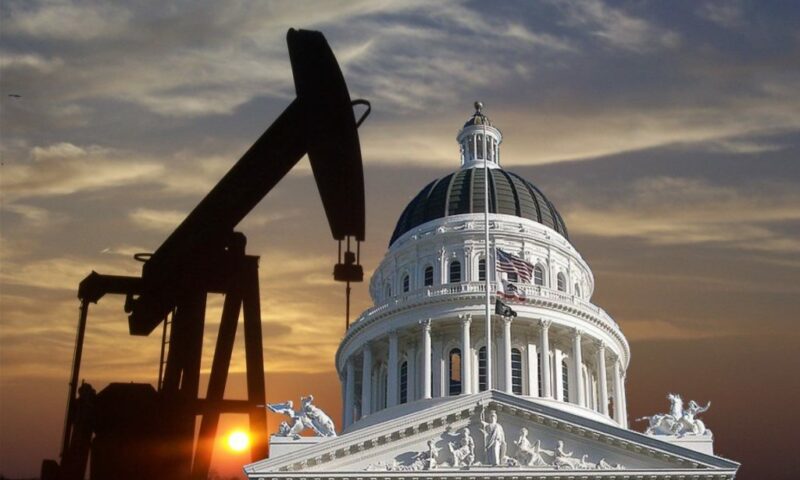

Hopes were high among environmentalists when a bill designed to protect California’s drinking water was introduced in the state Assembly earlier this year. After all, California has passed some of the most far-reaching environmental laws and regulations in the nation, and the state legislature is dominated by the Democratic Party, whose members are generally inclined to vote for tougher environmental standards. Moreover, California is in the midst of a massive drought, which gave the bill more urgency. And besides, clean water isn’t a threatened desert flower or endangered minnow – it’s something everyone depends on for existence.
It never had a chance.
The measure, Assembly Bill 356 (Das Williams, D-Carpinteria), was intended to protect underground sources of drinking water from oil and gas wastewater disposal and enhanced oil recovery treatments, and called for monitoring near certain injection wells. That immediately put it in the crosshairs of the most powerful oil interests in California,
» Read more about: How Democrats Mixed Oil and Water, Killing Environmental Bill »


Here’s something you probably didn’t know happened in California in the last few years, and maybe it’s something you never imagined could happen: In 2011, two high-ranking state regulators were fired from their posts for pissing off the oil industry. No one really disputes the veracity of that statement; not even Governor Jerry Brown. “They were blocking oil exploration in Kern County,” the Sacramento Bee reported Brown announcing at an event six months later. “I fired them, and oil permits for drilling went up 18 percent.”
Catherine Reheis-Boyd, president of the Western States Petroleum Association, also celebrated without restraint, unconcerned that the people of California might detect her hand guiding the Governor’s pink-slip pen. After the firings, Reheis-Boyd boasted to the Los Angeles Times that her industry once again had a “clear pathway for people to get permits and proceed with drilling in this state.
» Read more about: The Persuaders: Western States Petroleum Association »